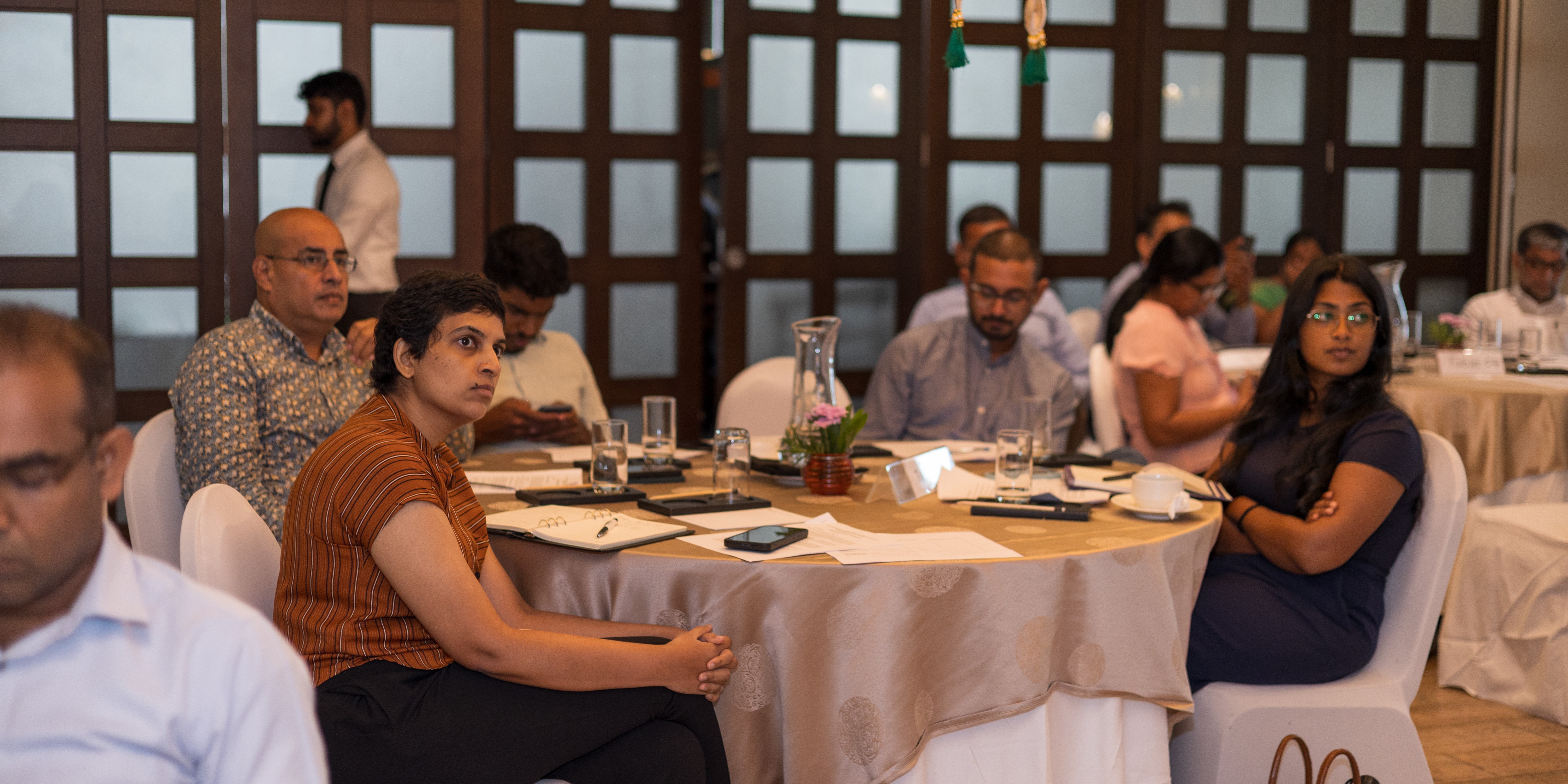

Strengthening risk management frameworks and existing Climate Disaster Risk Finance and Insurance (CDRFI) solutions across Sri Lanka's food systems, tourism, and fashion and apparel sectors is crucial for supporting vulnerable communities and groups. By developing new risk transfer mechanisms and building upon existing structures, we can deliver data-driven, demand-responsive solutions that clearly identify beneficiaries while ensuring equitable access, transparency and accountability.
Operationalising these principles and transforming Sri Lanka's CDRFI ecosystem to address current and future challenges while fostering long-term resilience requires innovation, shifts in mindset, inclusive processes, and multi-actor partnerships. Although Sri Lanka has established several CDRFI instruments and mechanisms, significant potential remains to enhance current frameworks and effectively address existing gaps.
One key approach to improving coordination, coherence, exchange, and integration in climate and disaster risk management is through Multi-Actor Partnerships (MAPs). MAP on CDRFI, initiated by SLYCAN Trust, plays a central role in advancing inclusive and sustainable solutions by creating enabling environments and collaborative platforms.